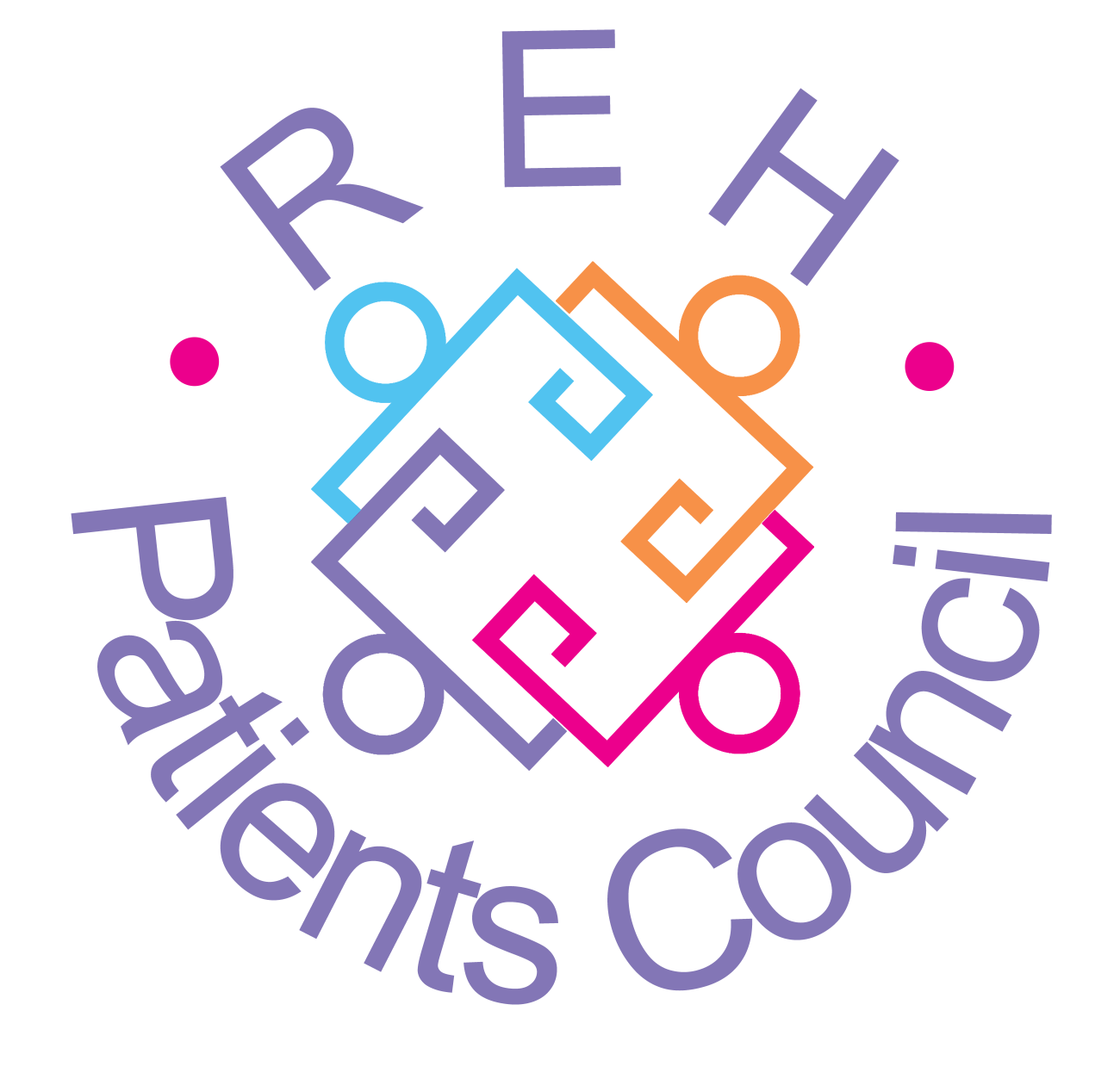Back in June, the new intensive rehabilitation ward, Braids, was one of the first to move into the new hospital, so we were glad to hear from patients that their first impressions of the new-build were very positive. People felt that their previous accommodation in the old hospital now seemed extremely old-fashioned; this is slightly bittersweet, because the remaining rehab patients in the Affleck Centre and North Wing will shortly be moving into the soon-to-be renovated Balcarres and Hermitage wards, left empty by acute wards moving to the new building. We want to make sure that these renovated wards are made as comfortable and home-like as possible and allow for the same degree of privacy as that now enjoyed by acute patients in the new hospital building.
Elsewhere, patients discussed staff attitudes and we heard about comments made recently to people, that didn’t seem to fit into modern ideas of recovery at all: we’d thought that young people being told that “they’ll never work again” because of their mental health, was something that had gone out with the ark, so were extremely dismayed to hear from patients that some staff don’t appear to have fully taken on board modern ideas of recovery. We’re still clinging to the hope that somehow the new hospital building will encourage full adoption of these newer ideas of recovery, human rights-based approaches and personalised, person-centred care that patients want to see.
A recurring theme across the wards during summer was the issue of passes. Unsurprisingly, when the nicer summer weather comes, people want to get outside into the hospital’s green spaces and so find the restrictions on getting out on pass very frustrating. We discussed whether or not patients should have the right to expect a minimum standard of access to fresh air, in the same way that it is commonly understood that prisoners do. This is another situation that should improve in the new hospital, as each ward has access to its own little courtyard.
Increasingly, patients are raising issues with us about discharge, accommodation, support and access to welfare, education, training and employment in the community. We find ourselves increasingly talking about patients’ right to an independent life in the community and are glad to hear patients expressing these strong expectations that services will be available in both hospital and community to allow this to happen.

